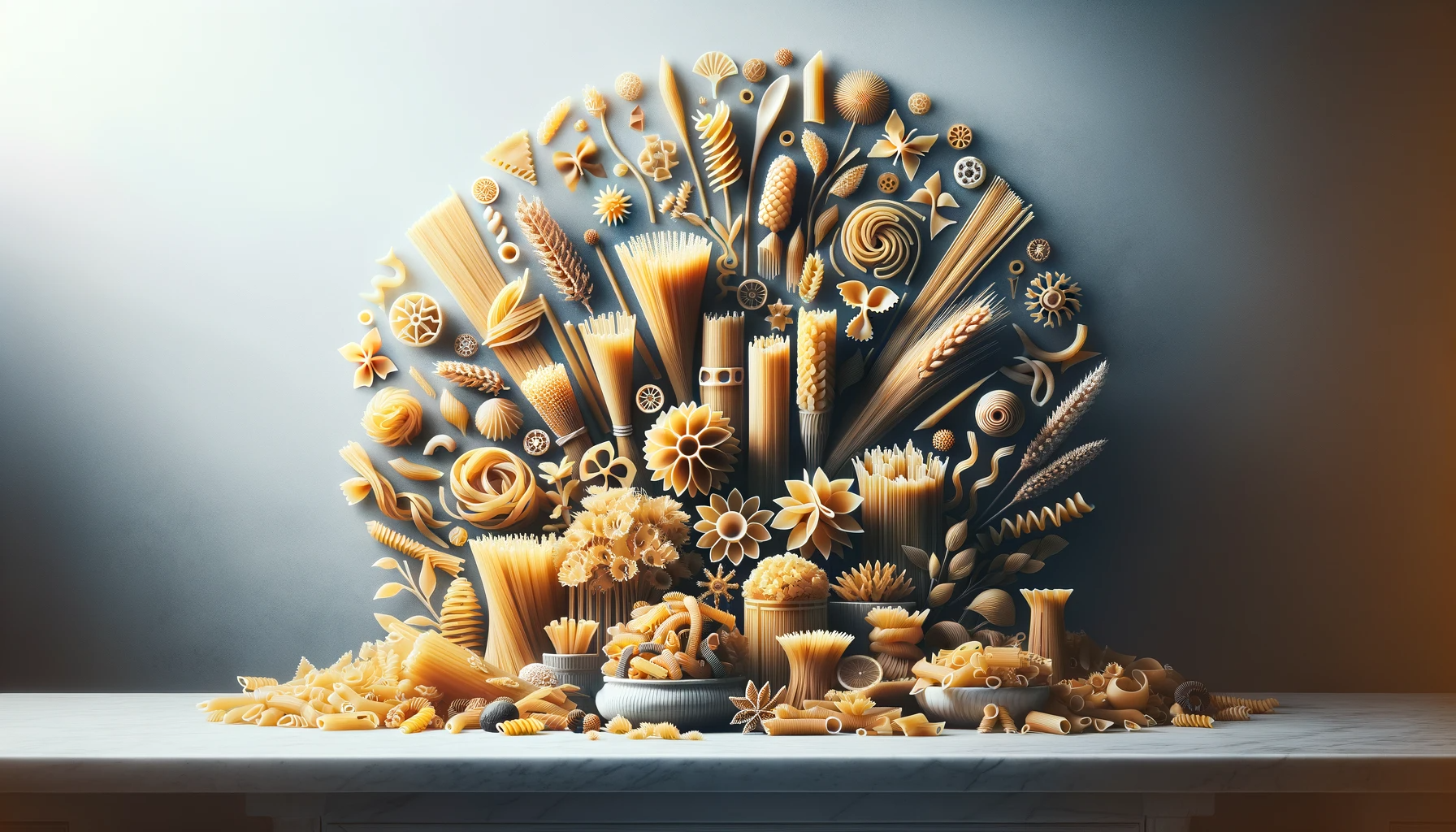When it comes to making pasta, eggs are a common ingredient in many recipes. They not only add flavor but also play a crucial role in determining the texture and overall quality of the pasta. However, not all eggs are created equal, and the type of eggs you use can have a significant impact on your pasta’s outcome. In this article, we will explore the different types of eggs and their effects on pasta quality, providing you with valuable insights to help you achieve the perfect pasta every time.
The Role of Eggs in Pasta Making
Before diving into the types of eggs, let’s understand why eggs are an essential component of pasta recipes. Eggs serve multiple purposes in pasta dough:
1. Binding Agent
Eggs act as a binding agent, holding the pasta ingredients together and preventing the dough from falling apart during cooking.
2. Texture Enhancer
Eggs contribute to the pasta’s texture, making it smoother and more elastic. This results in a better mouthfeel and overall pasta quality.
3. Flavor Enhancement
Eggs add a delicate flavor to the pasta, enhancing its taste. The type of egg you choose can influence the pasta’s final taste profile.
Now, let’s explore the impact of different types of eggs on pasta quality.
1. Chicken Eggs
a. Regular Chicken Eggs
Regular chicken eggs are the most commonly used type of eggs in pasta making. They are readily available and affordable. When incorporated into pasta dough, they provide the following benefits:
- Flavor: Regular chicken eggs add a mild, neutral flavor to the pasta, allowing the other ingredients to shine.
- Texture: They contribute to a standard pasta texture, resulting in pasta with a balanced chewiness.
b. Free-Range Chicken Eggs
Free-range chicken eggs come from hens that are allowed to roam and forage, producing eggs with a slightly different quality:
- Flavor: Free-range eggs often have a richer, more intense flavor compared to regular eggs. This can impart a unique taste to your pasta.
- Texture: The texture of pasta made with free-range eggs can be slightly firmer due to their higher protein content. This can be desirable for certain pasta dishes.
2. Duck Eggs
Duck eggs are another option for making pasta, and they offer distinct characteristics:
- Flavor: Duck eggs have a richer and more pronounced flavor compared to chicken eggs. Using duck eggs can result in a pasta with a unique and slightly gamey taste.
- Texture: Duck eggs have a higher fat content, which can make the pasta dough more tender and delicate. Pasta made with duck eggs may be softer and smoother.
3. Quail Eggs
Quail eggs are the smallest among the options, but they can still have a significant impact on your pasta:
- Flavor: Quail eggs have a delicate, slightly nutty flavor. They can add an elegant touch to your pasta dish, making it stand out.
- Texture: Pasta made with quail eggs tends to be exceptionally smooth and tender. It’s a great choice for delicate pasta shapes and fine dining presentations.
4. Specialty Eggs
In addition to the common chicken, duck, and quail eggs, you may encounter specialty eggs like ostrich, emu, or goose eggs. These exotic eggs can bring unique flavors and textures to your pasta, but they are less readily available and may require special sourcing.
Choosing the Right Egg for Your Pasta Recipe
Selecting the right type of egg for your pasta recipe depends on your desired outcome. Here are some guidelines:
- For Classic Italian Dishes: Regular chicken eggs are the go-to choice for most traditional Italian pasta recipes.
- For Unique Flavors: Experiment with free-range chicken, duck, or quail eggs to add distinctive flavors to your pasta dishes.
- For Texture Variations: Consider duck eggs for a softer texture or quail eggs for an exceptionally smooth finish.
- For Special Occasions: If you’re looking to create a memorable dish for a special occasion, explore the world of specialty eggs for a truly unique pasta experience.
Conclusion
In conclusion, the type of eggs you choose can significantly impact the quality, flavor, and texture of your pasta. While regular chicken eggs are a reliable choice for most pasta recipes, experimenting with different egg varieties can lead to exciting and unique culinary experiences. Whether you opt for the rich flavor of duck eggs, the elegance of quail eggs, or the exoticism of specialty eggs, your choice of eggs can elevate your pasta dishes to new heights. So, don’t be afraid to get creative and discover the perfect egg for your next pasta masterpiece.
